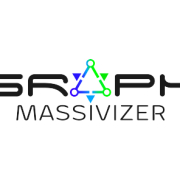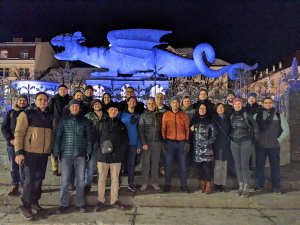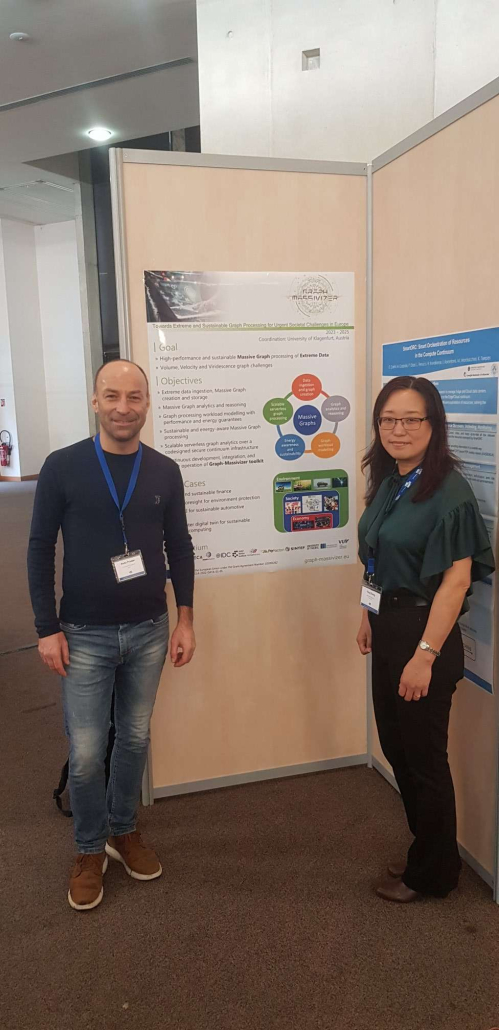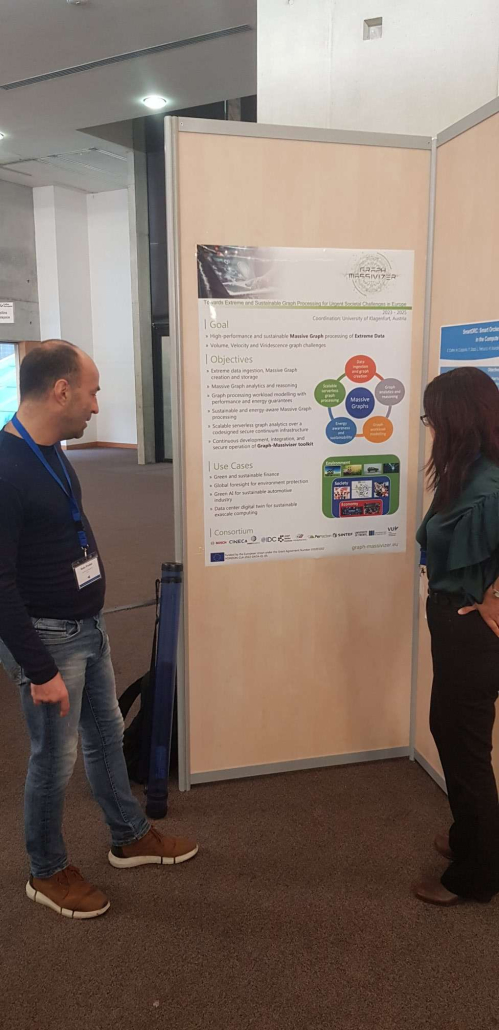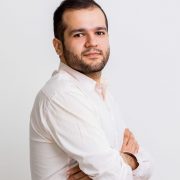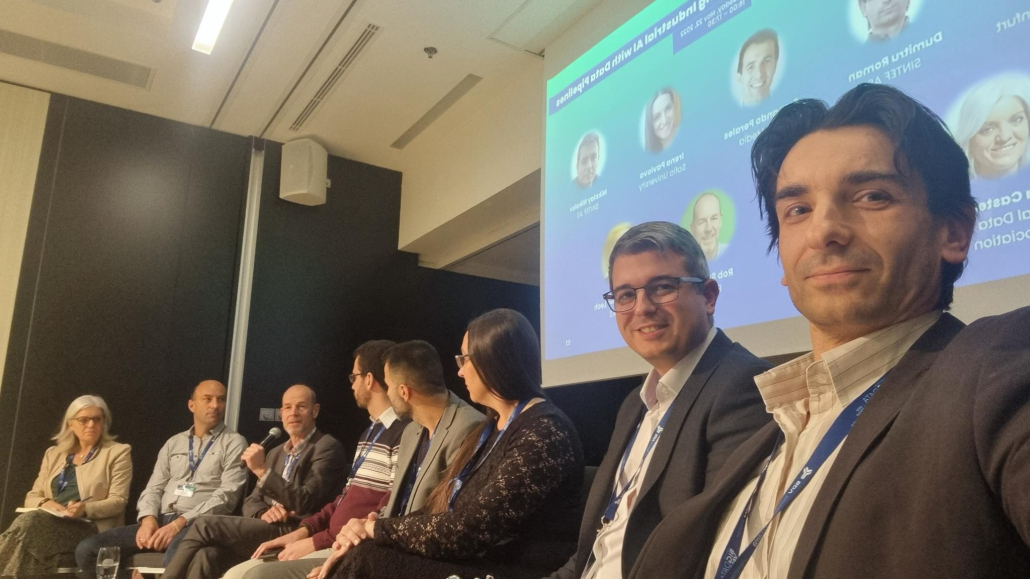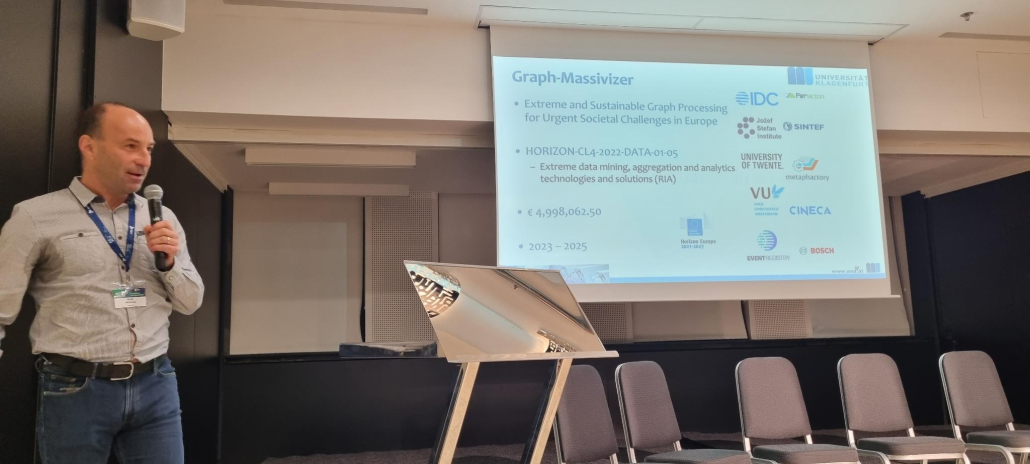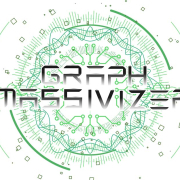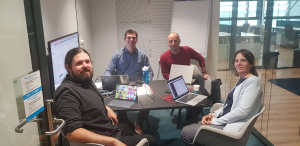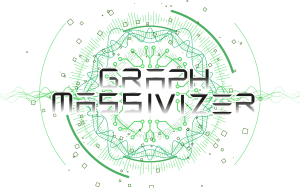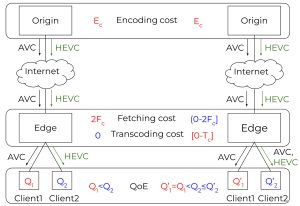Collaborative Edge-Assisted Systems for HTTP Adaptive Video Streaming
5G/6G Innovation Center, University of Surrey, UK
6th January 2023 | Guildford, UK
Abstract: The proliferation of novel video streaming technologies, advancement of networking paradigms, and steadily increasing numbers of users who prefer to watch video content over the Internet rather than using classical TV have made video the predominant traffic on the Internet. However, designing cost-effective, scalable, and flexible architectures that support low-latency and high-quality video streaming is still a challenge for both over-the-top (OTT) and ISP companies. In this talk, we first introduce the principles of video streaming and the existing challenges. We then review several 5G/6G networking paradigms and explain how we can leverage networking technologies to form collaborative network-assisted video streaming systems for improving users’ quality of experience (QoE) and network utilization.
Reza Farahani is a last-year Ph.D. candidate at the University of Klagenfurt, Austria, and a Ph.D. visitor at the University of Surrey, Uk. He received his B.Sc. in 2014 and M.Sc. in 2019 from the university of Isfahan, IRAN, and the university of Tehran, IRAN, respectively. Currently, he is working on the ATHENA project in cooperation with its industry partner Bitmovin. His research is focused on designing modern network-assisted video streaming solutions (via SDN, NFV, MEC, SFC, and P2P paradigms), multimedia Communication, computing continuum challenges, and parallel and distributed systems. He also worked in different roles in the computer networks field, e.g., network administrator, ISP customer support engineer, Cisco network engineer, network protocol designer, network programmer, and Cisco instructor (R&S, SP).


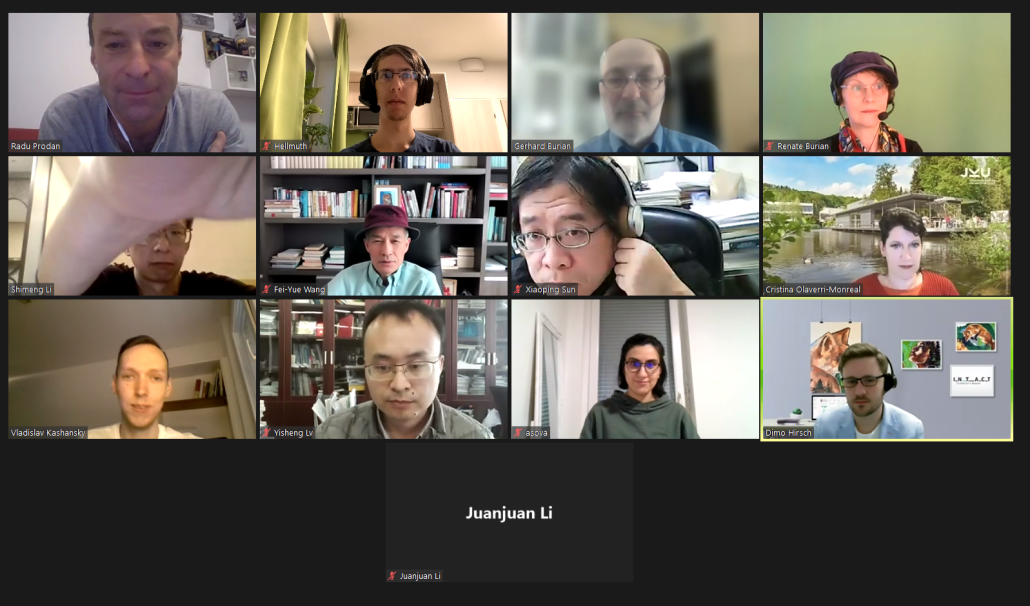 Alpen-Adria Universität Klagenfurt, Institute of Information Technology Chinese Academy of Sciences, Institute of Automation Johannes-Kepler-Universität Linz, Intelligent Transport Systems- Sustainable Transport Logistics 4.0 Logoplan – Logistik, Verkehrs und Umweltschutz Consulting GmbH Intact GmbH Chinese Academy of Sciences, Institute of Computing Technology
Alpen-Adria Universität Klagenfurt, Institute of Information Technology Chinese Academy of Sciences, Institute of Automation Johannes-Kepler-Universität Linz, Intelligent Transport Systems- Sustainable Transport Logistics 4.0 Logoplan – Logistik, Verkehrs und Umweltschutz Consulting GmbH Intact GmbH Chinese Academy of Sciences, Institute of Computing Technology